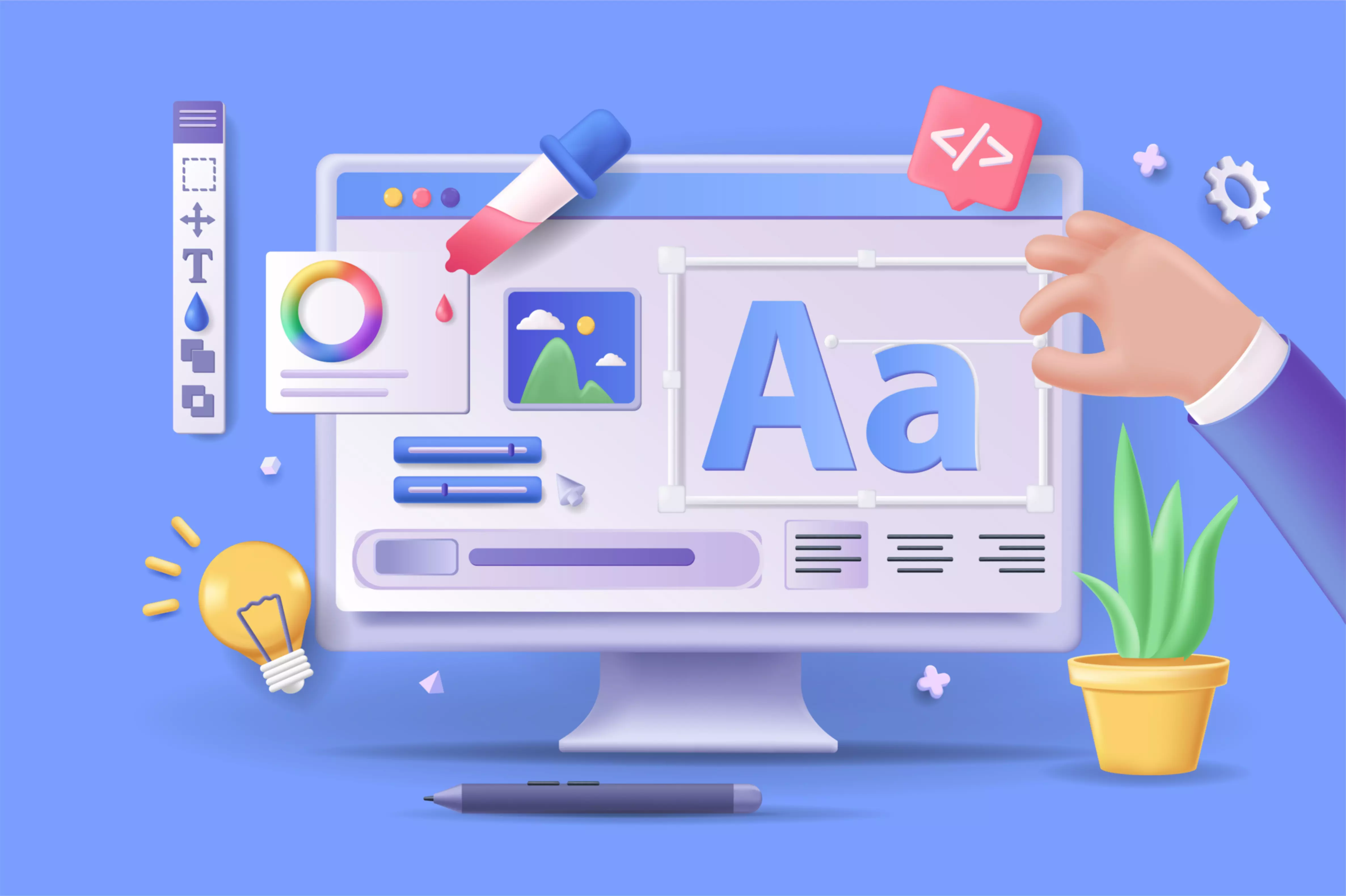For print service providers, web2print shops can act as stepping stones on the way to the world of Print 4.0 with automated and standardised processes. Once goals and customer requirements have been clearly formulated, the technical inventory, the optimisation of business processes and finally the selection of flexible and user-friendly software and design tools are also considerations.
With a well-planned web2print solution e-commerce has many advantages: The complete value-added process from order entry to design tools, printing, dispatch and invoicing runs automatically without human intervention. It is less error-prone, faster and more cost-saving than offline processes. To enjoy the benefits mentioned above, you should definitely go through a strategic planning phase for your web-to-print solutions. Only then can you define requirements for software and hardware in a sensible way and your investments will pay off in the long term. First deal with the question:
"What do you want to achieve with your web-to-print solution?"
Is your focus on more efficient order processing?
Then pay attention to an efficient standardisation of the orders in the shopping cart. They are the prerequisite for automating the downstream processes: from sending the order confirmation, ordering the material and transferring the print data to prepress to printing the invoice.
Do you want to tap into new customer groups?
Perhaps you are planning to move into label printing for wine merchants or the production of packaging for cosmetics. With the right hardware for exclusive print finishing, you can create raised lettering, shimmering metallisation and thus an impressive competitive edge you can touch. This is how you help your customers succeed, as it has been proven that more end customers reach for products with an aesthetic eye-catcher on the packaging or label.

Do you expect a wider reach for your printed products?
Then you should adapt your marketing strategy and design ads for your precisely defined target group on Google and social media to match your web shop’s offer, offer a blog or newsletter and SEO-optimise the product and image descriptions.
The bottom line is that clear goals help you to manage the entire transformation process. Already in this phase, you can get support from an experienced technology partner. This way you avoid operational blindness and discover new opportunities.
The right added value for your customers
The functions of the right web-to-print platform are closely linked to the needs of your customers. Find out which services and customisation options you expect from an e-commerce operation and communicate the added values of the web-to-print shop clearly: online design, online calculation, print-on-demand or a round-the-clock service, a manageable customer account, reorder functions and order information via e-mail or SMS. These services not only save you time and money, but also your clients.
Audit: Take a technical inventory
As soon as your customers’ goals and requirements for the Print 4.0 solution have been defined, it is advisable to make a detailed inventory of the existing technical and commercial software and all the presses in the prepress, press and post press departments. On average, print shops work with five to six printing and finishing systems. For more complex questions regarding interoperability between existing and new solutions, an audit with a neutral system supplier is advisable. Konica Minolta, for example, advises starting from the status quo up to planning for the next five to 10 years. Through strategic partnerships, cross-segment solutions from pre-press to post-press can be recommended and planned.
The right software for your business processes
During the audit you should evaluate your current business and printing processes. These must later be mapped and automated by the web-to-print software. It is best to make optimizations to the processes before you set up a new intelligent system and after you have extensively tested the new workflows. The print business software of your choice should be flexible and adaptable so that it can easily accommodate future changes.
Smooth workflows also require the integration of your web-to-print software with the back-end systems such as order management, warehouse management and accounting. Seamless communication between these systems prevents errors, speeds up order management processing and thus reduces costs.
Web-to-print offers enormous potential for printers | KONICA MINOLTA
Ease of use for staff and customers
Your online on-demand solution should be ready-to-use, intuitive and user-friendly. Ensure staff acceptance of the new system with well-planned change management and personalised training. And your customers also expect a seamless user experience: they want to be able to navigate easily through smooth ordering process with your end-to-end web-to-print solution.
Follow up your transformation consistently
Once you have implemented the steps described towards your personal web-to-print solution, you will realize: digital transformation is a continuous process. Therefore, regularly collect feedback from customers and employees to further optimise the software and processes. Choosing the right web-to-print software is undoubtedly important, but it is only one piece of the puzzle. A comprehensive, strategic approach is crucial to realising the full potential of your e-commerce investment.
Optimise your system landscape with ManagedPrint Services.
Find out here how to get themost out of your web-to-print shop withAccurioPro Flux Ultimate software and Accurio Press hardware.




